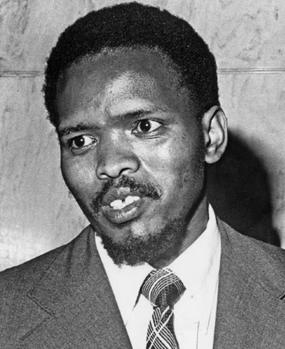
Esther Imonmion
Nearly half a century after the brutal killing of anti-apartheid activist Steve Biko, South African authorities have reopened the investigation into his death in police detention.
The National Prosecuting Authority (NPA) announced on Friday that the case would be revisited to determine whether “any act or omission” leading to Biko’s death amounts to a criminal offence.
Biko, founder of the Black Consciousness Movement, was arrested in August 1977 at the age of 30 and detained in Pretoria. A month later, he died from a massive brain injury after being beaten into a coma by police officers. His death, and the state’s handling of it, provoked outrage worldwide and cemented his place as a global symbol of Black liberation.
An official inquiry in 1977 cleared the police of wrongdoing, while prosecutors declined to pursue charges. Two decades later, during the Truth and Reconciliation Commission, officers admitted to assaulting Biko but were denied amnesty. Despite their confessions, no one was ever prosecuted.
The NPA said the reopening forms part of broader efforts “to address the atrocities of the past and assist in providing closure to the Biko family and society at large.”
In April, President Cyril Ramaphosa ordered an inquiry to determine whether successive governments, including those led by his ruling African National Congress (ANC), deliberately stalled probes into apartheid-era crimes.
Biko’s death remains one of the darkest chapters of South Africa’s history, and the revived case is seen as a test of the state’s commitment to accountability and justice.
